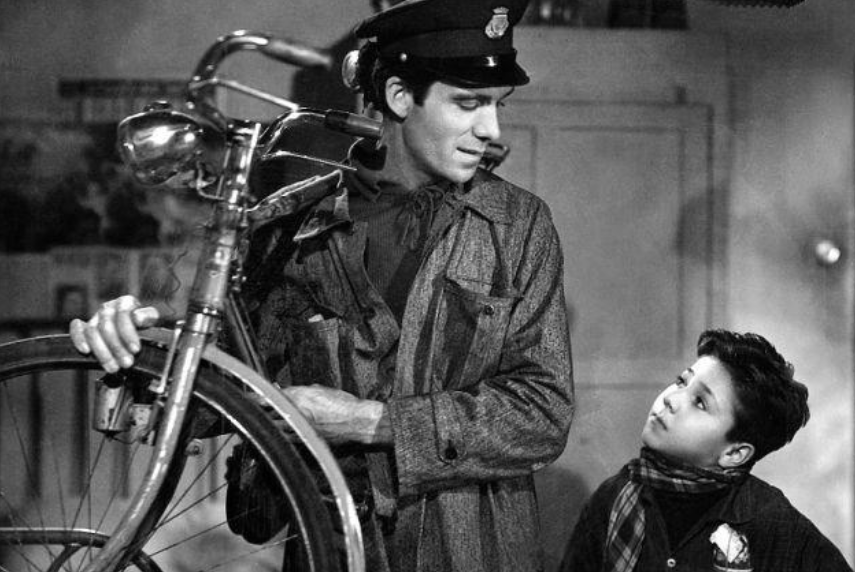Art of Schwinn Bicycles and Life in Politics

At the young age of 54, I recently went to a store and bought my very first NEW bicycle — imagine that. Now don’t get the wrong impression, I rode bicycles for most of my childhood years, I delivered newspapers with a bike, went to local stores on a bike, road many dirt paths with a bike, traveled from Cedar Grove to Paterson plenty of times with a bike, but all those bikes were hand me downs. As the third of four sons in a household where our father was the sole breadwinner, I was not getting many new things – let alone a bike. Mom and Dad, I’m not complaining (I promise).
Last week, I walked into a bike shop where the smell of rubber tires and the reflection from the lighting on these shiny new bikes brought on a wave of excitement typically reserved for a 10-year old. Standing alone in the front of the store was this show bicycle (not available for purchase). Mike, the salesman, told me that he once was a Schwinn dealer and exclusively sold Schwinn products. Mike went on to give me a brief history that while Schwinn once dominated the market, it went bankrupt and never recovered and never again cornered the market like it did once in the mid 1900’s. Mike theorized that the downfall of Schwinn was due largely in part to the third generation of the Schwinn Family taking over the business. He believed they did not understand the needs of the times and did not have the same dedication, drive, and passion of the prior generations.
Brief History of Schwinn:
An engineer by the name of Ignaz Schwinn started the company in 1895 in Chicago. Despite a bicycle boom and bust, and the Great Depression, Schwinn managed to capture much of the new market. Advertising, innovations and unique and exclusive dealership and marketing contracts allowed his company to aggressively grow and prosper. Despite intervention by the Justice Department, with some novel legal challenges, this company was virtually a household brand. By the late 1940’s, Ignaz was over 80 years old, and he decided to turn the presidency over to his son, Frank, known as F.W. At some point soon after, F.W. turned the company over to his son, Frank.
Frank by all accounts was not a visionary and soon endured multiple failures because he chose to rest on the laurel of his forbearers, instead of developing new products to modernize his company. As if that wasn’t enough, another young Schwinn, Edward Jr., took over the helm and moved rapidly to guarantee the sure destruction of this once durable company.
That got me thinking: how can any generation screw up something that was so purposeful, everlasting and seemingly permanent? This question is transferable to our world of politics. In the world of politics, how can the next generation uphold the traditions and successes of previous generations or are they destined to destroy something so lasting and profound as our government or our politics? History teaches us that our founding fathers worried about this very issue when creating our Constitution and democracy.
How can we ensure that our democracy is left intact and vibrant as newer generations assume leadership positions?
A couple of thoughts:
- Never appoint a person to a leadership position that is clearly beyond his or her abilities (it is a disservice to all involved).
- A promotion or job is not a birth right – we had an entire revolution on that simple premise.
- A sense of obligation as the sole reason for a given appointment is a sure-fire recipe for an epic failure.
- Continue to allow yourself to be open to new ideas and new methods to governing and politics.
- Just because someone is a friend or relative (or good campaign worker), doesn’t mean that’s grounds for a serious job in government.
- Don’t overstay your welcome in government or politics – be willing to quit while you are still in control.
- Solicit and welcome outside and independent opinions and take off the rose-colored glasses.
- Treat the privilege of serving in government as an honor of a lifetime—treasure it and work accordingly.
Political and corporate history is littered with examples of the next generation relying on the past with a false sense of loyalty as the cause of their downfall. Tradition may work for the House of Windsor, but unless you want to end up as a statue - like a Schwinn in a bike shop - take this opportunity as your own and make something of it.
PS: A shout out to my parents who celebrate their 62ndwedding anniversary today. Ironically, their prized possession was a tandem bicycle that was used by the entire neighborhood – a Schwinn.
Port Authority of New York and New Jersey Chairman Kevin O'Toole is the former state Senator from the 40th District.





